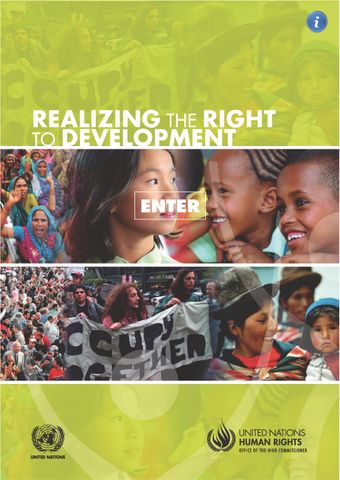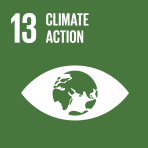National experience with the right to development

- Author: A. K. Shiva Shiva Kumar
- Main Title: Realizing the Right to Development , pp 365-371
- Publication Date: December 2013
- DOI: https://doi.org/10.18356/cdf8a998-en
- Language: English
The widespread acceptance and pursuit of the Millennium Development Goals represent a major consensus by the development community to eliminate poverty and accelerate human development. Two streams of thought have strongly influenced global and national strategies: the human development approach and the right to development approach. Defined broadly as an enhancement of capabilities, a widening of choices and an expansion of freedoms, human development calls on policymakers to focus on people and what they cherish and value in life. In the human development framework, human poverty is viewed as a denial of freedoms—economic, social, cultural and political. Such denials are traced to inadequacies and inequalities in the distribution of opportunities between women and men, across regions, between rural and urban areas and within communities. The exercise of tracking progress extends beyond merely monitoring trends in economic variables (which are no doubt important) to assessing changes in the quality of people’s lives. The focus shifts from an emphasis on economic growth to examining whether the benefits of growth are contributing equitably to tangible improvements in the lives of people.
© United Nations
ISBN (PDF):
9789210559720
Book DOI:
https://doi.org/10.18356/49006c2a-en
Related Subject(s):
Economic and Social Development
Sustainable Development Goals:
-
From This Site
/content/books/9789210559720s008-c004dcterms_title,dcterms_subject,pub_keyword-contentType:Journal -contentType:Contributor -contentType:Concept -contentType:Institution105
/content/books/9789210559720s008-c004
dcterms_title,dcterms_subject,pub_keyword
-contentType:Journal -contentType:Contributor -contentType:Concept -contentType:Institution
10
5



